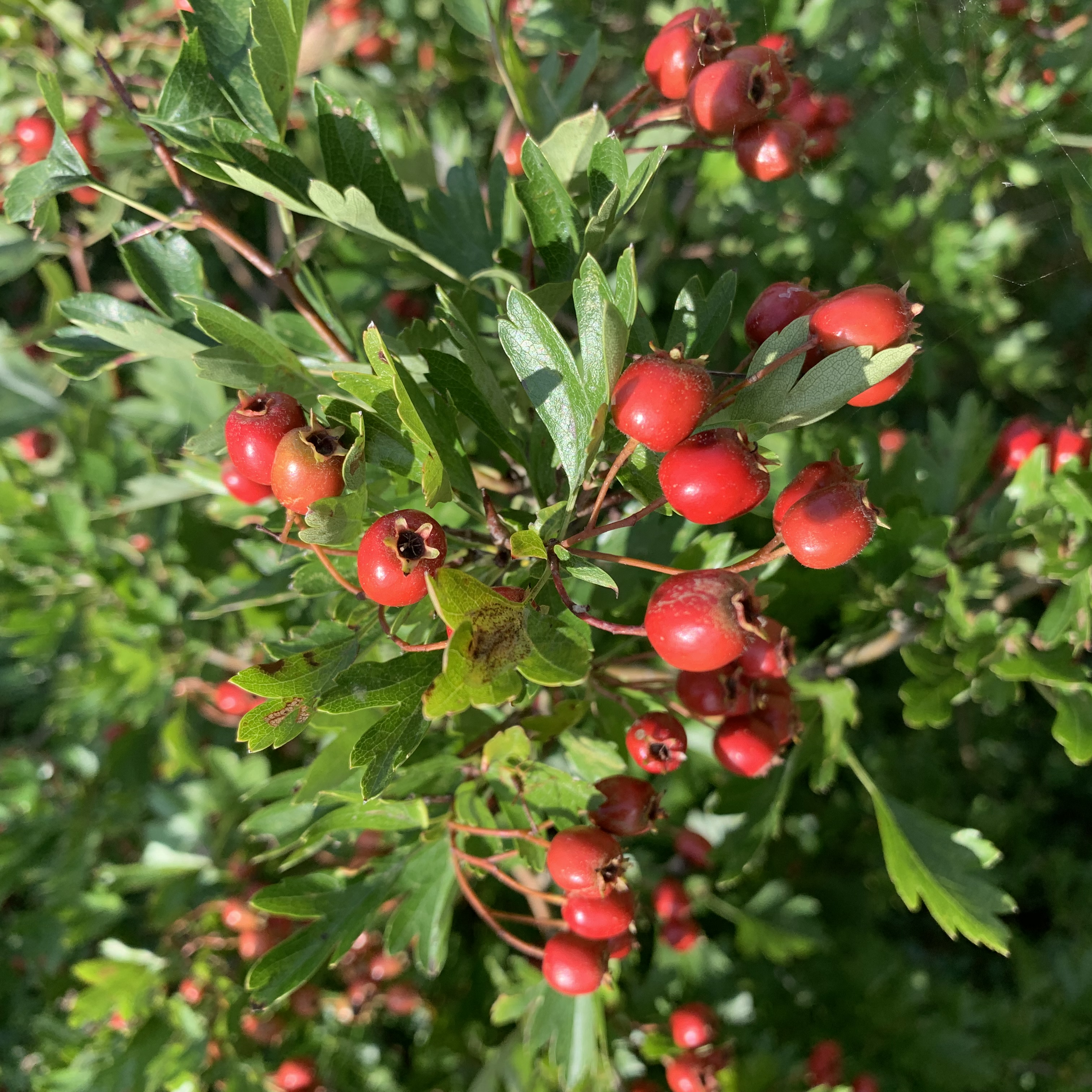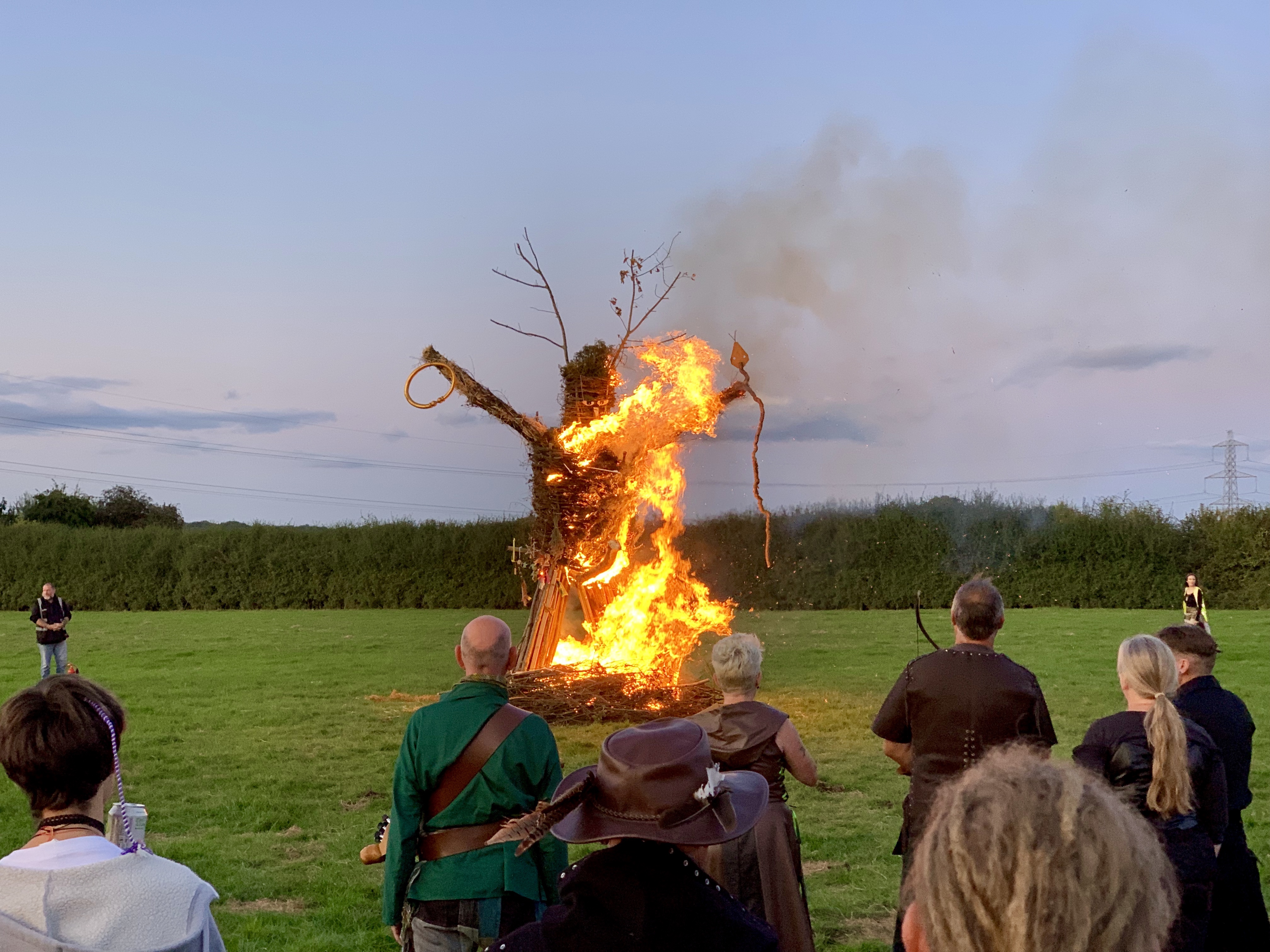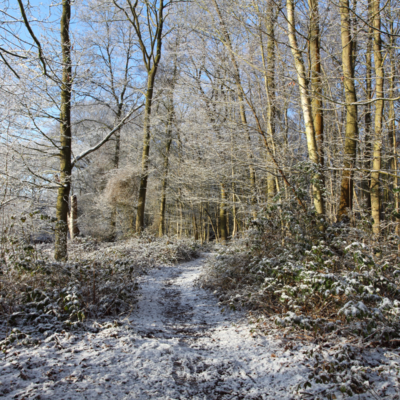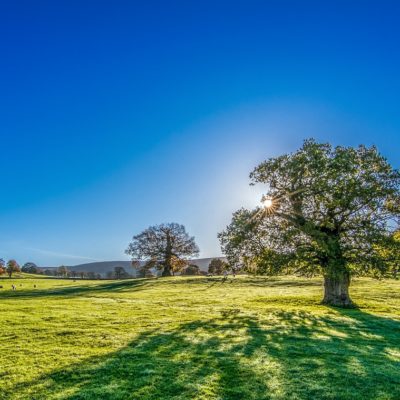


I love reading other peoples’ blogs on the internet and recently two articles came up in my RSS feed that got me thinking. The first was Your Favourite Sabbats (or Sabbats by the Numbers) by Jason Mankey, and the other was Ranking the Eight Pagan Sabbats – the Story in the Numbers by John Becket. The results of their statistical research pretty much matched what we have experienced with the Anderida Gorsedd open rituals that me and Cerri have been running at the Long Man of Wilmington since the Spring Equinox of 2000 – that the Summer festivals drop in numbers, with the lowest readership/attendance being Lughnasadh and the Autumn Equinox.
The conclusion that both Jason and John arrive at is that the most popular Sabbats are those that have cross-cultural connections, ie Samhain/Hallowe’en, Winter Solstice/Christmas, Spring Equinox/Easter, with Beltane in there too. I absolutely agree this could be a very valid reason, but I think that connection, erm, connection goes deeper.
Let me tell you a story.
Many years ago I organised an interfaith conference based on the Environment. Lots of people turned up, most of them Pagans, to listen to speakers from a variety of religious backgrounds. Lunch on the first day was a simple affair, just a jacket potato with a number of toppings on offer. After queuing, and with jacket spuds ready, we all sat down to eat. Everyone tucked in, all chatting about the morning’s presentations. All except one person who, I noticed had stopped, and with eyes closed, said a very short prayer over his food before he too tucked in. He was a Christian Priest. In a room full of spiritual people, many of whom were from Earth-centred paths, it was only that Christian Priest who openly gave thanks for their food.
Why am I telling you this?
I think that the popularity of certain festivals is certainly due to their connections with other festivals celebrated in mainstream society, but I also think those less popular festivals are there on list order because of a DIS-connect with their purpose, and those are the festivals of thanksgiving and the Harvest. Lughnasadh may well be connected with the God Lugh, but Lammas is all about the cutting of the grain harvest. The crop that for many, many centuries meant survival or death. Bread. The staple food for generations depended upon a good harvest. People came together from across the area to help, paid work of course, but they too knew the importance of the crop, and this was not really that long ago. The Autumn Equinox too, with the fruit harvest, and hops. Both vital to the wellbeing and future of the area. Hop picking was a big thing that attracted workers to farms and not only benefitted the farms, but also the wider community who depended upon those days for money and work.
But those two festivals, of all of the Sabbats, are linked very much to the European climate, in fact to quite a small area within the continent. So if where you live the grain isn’t falling to the harvester around the 1st August, then of course your connection to that festival won’t feel as strong. If the berries and hops aren’t ready, or have already been gathered, by the Autumn Equinox, then that festival too may not feel so connected.
Then of course there is our disconnection to the food we eat. And this takes me back to that interfaith conference all those years ago. When we can buy strawberries in the Winter our connection to the seasons through the growing of our food is broken. The sense of our dependence on the fruits of any harvest is tenuous. Unless you are a keen gardener or have an allotment where you grow your own food the falling of the grain for bread and beer is almost irrelevant – bread and beer are available all year round. Our harvest really occurs on payday. That’s when we really see the results of our work, and then we go and use that money to buy our food, gathered by others, more than likely in completely different countries, and out of local season. No surprise then that the two particular festivals whose prime purpose is seasonal thanksgiving, to the Spirit of the Fields, and the Spirit of Hedgerow, fall way down on the list of festival popularity.
When I first found Paganism I was talking to a local Wiccan High Priestess about Lughnasadh. She said she had a love\hate relationship with it. She didn’t like it because she loved Spring and Summer, and Lughnasadh was the portal to the coming of the dark (I totally get that). But she loved it because, in her own words, that’s what it was all about. Everything, from the birth of the Mabon at the Winter Solstice, to his growth, meeting his lover, and the fruit of that love, Lughnasadh and the Autumn Equinox were the absolute culmination and purpose of that Journey. Those words have always stayed with me, and that is how I see them to this day.
So I agree that the others have big festivals that take place in mainstream culture, but I also think that Lughnasadh and the Autumn Equinox are so much about our connection with the harvests and our food, and that connection is not naturally a part of our lives any more, that’s another reason why they don’t figure so high in the ‘Sabbat rankings’.
So maybe, if this blog has spoken to you, and you’ve noticed that you could spend a bit more time being thankful for the food you eat, well, join me in taking just a moment to consider the journey the food on your plate has taken, to get to you, before taking that first bite. That simple act will be a celebration of Lughnasadh and the Autumn Equinox, and an acknowledgement of our dependence on the food we eat.
Blessings of Alban Elfed my friends.


